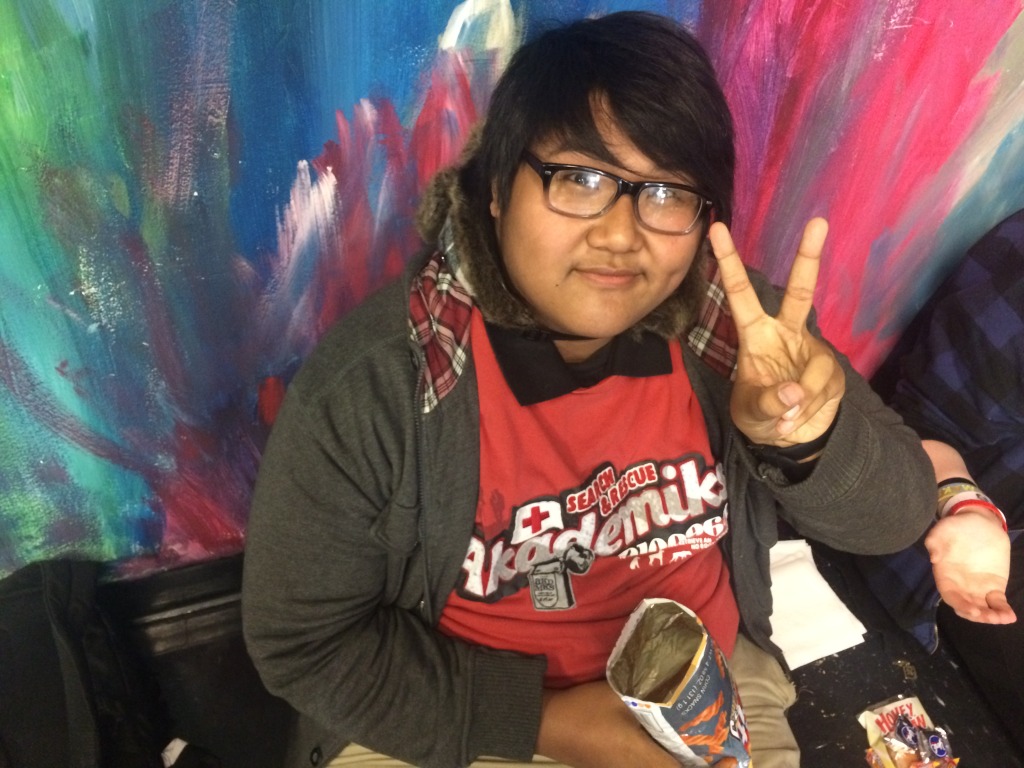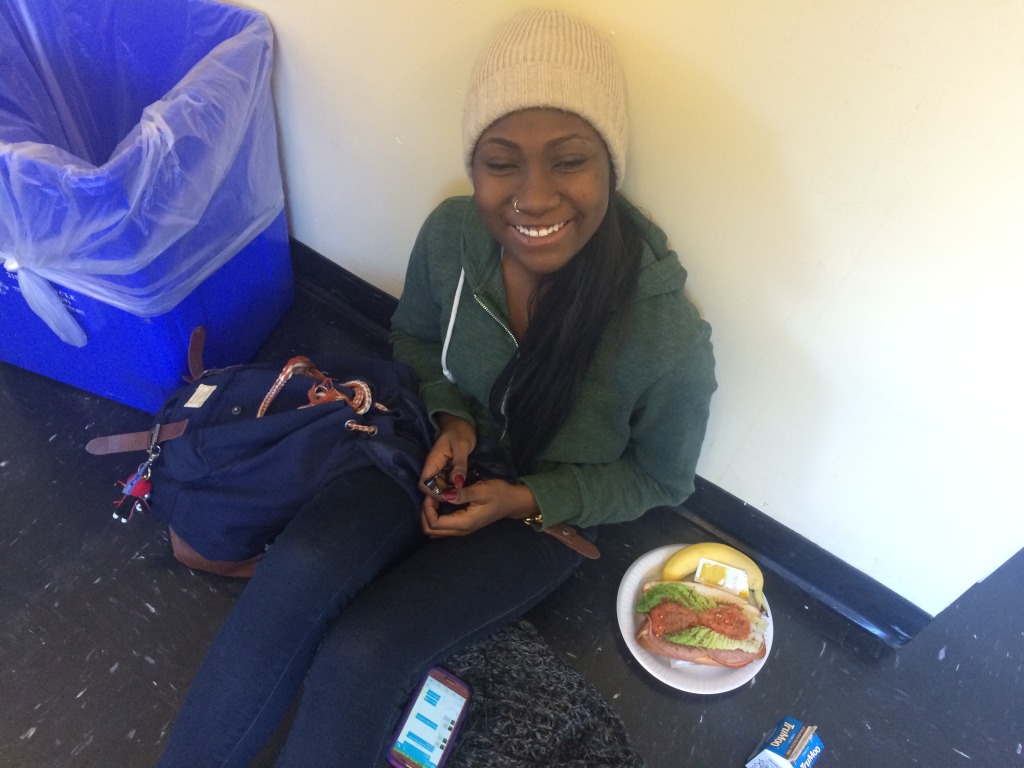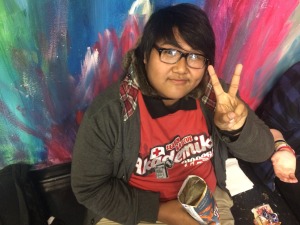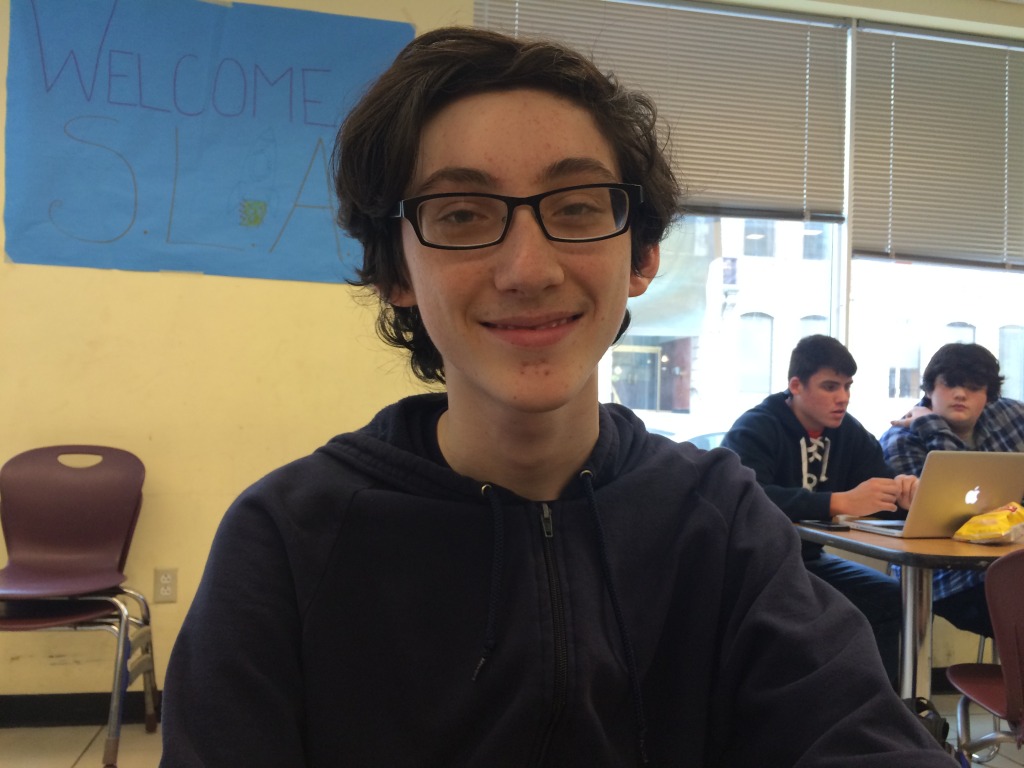As of 2013, there were 211 journalists detained around the globe. Turkey and Iran lead the list with 40 journalists and 35 journalists, respectively. Among those imprisoned in Iran is Jason Rezaian of the Washington Post. Rezaian was born in California, with Iranian background and currently maintains citizenship in both countries. In July 2014, Rezaian and his wife, Yeganeh Salehi (who has since been released) were seized by Iranian officials, an arrest for which there has been neither a trial nor an explanation.
The primary reason the public cannot simply search the internet for reasons as to why Rezaian was arrested is because the record is simply not available. Iran is a closed society, where there isn’t freedom of speech, freedom of press or freedom of expression and the government does it’s best to control access of information. In an open society, the public can ask for a response. In a closed society, the government doesn’t have to offer a response. The government can put someone in prison without any explanation. They don’t have to admit or justify. This speaks to human rights, as well, because humans should have the right to the rule of law and the right to be tried. In an open society, the government has to account for themselves. Either a person is convicted and the evidence is known or the person is not convicted and the evidence is known. There are many countries where these freedoms don’t exist, Iran is one of them.
Though the assumption is that Rezaian may be released within the next month, authorities have not yet provided a firm answer.
The question we still demand a response to is: Why was Rezaian arrested and why is he still being held? Countries each have their own set of laws, regarding freedom of speech, and from what little we’ve been told, these journalists may be accused of breaching them (again, this is only speculative). While this may hold some truth, the government can also make up evidence. If there is an accusation, there should be a justification for this. The primary concern is that the rights of Rezaian, and journalists like him, are being disregarded. Those rights are, freedom of speech and the freedom to be informed.
Many of the countries who have imprisoned journalists have done so to protect information, themselves and to intimidate other people from voicing their opinions. The government is creating an element of fear. They don’t like the way they’re being portrayed. A main concern is fear that journalists will return to their countries with potentially damaging information, which could also inform their own public and then result in riots or an overthrow of the regime.
The primary reason we believe that Journalism is important, is the same reason that some countries fear Journalism. That is, to be informed and have honest and open debate. We consider this to be a cornerstone of American Democracy, but as it turns out, there’s not as much freedom of speech in the US as we thought.
Meanwhile, in Ferguson, Missouri, protesters suffer the same disregard of rights.
The shooting of African American teen, Michael Brown, which occurred in early August 2014, has since provoked mass protest as the grand jury decided not to indict Darren Wilson, the police officer who fatally shot Michael Brown.
Protesters lined up and down the streets of the small town attempt to exercise their freedoms and make their statement about this decision. During the protest, police officers confiscated cameras and arrested people taking pictures of the scene.
Our concern surrounding the arrest of Rezaian in Iran is not limited to imprisonment of journalists, but as well the treatment of journalists, in both the US and foreign countries.
The Sunday Morning coffee-and-newspaper ritual has allowed the public to inform themselves on the news from the past week. Now, we can daily click on pages of news headlines, through websites such as, CNN, The New York Times, The Global Mail, etc, which some governments do their best to suppress access to. Our capacity to know what is happening outside of our homes, depends on the work of journalists. Many journalists travel to foreign countries to report from dangerous circumstances, putting their lives at risk for knowledge. Some journalists may visit a small town in Maine to report on seafood delicacies. And others may report on a subject from their own office. Journalists contribute greatly to our knowledge.
People for whom it is their job and passion to inform the world are necessary in order to have an informed population. We cannot make decisions for our country without being informed first. Similarly, a successful democracy cannot exist if the population isn’t informed on the decisions they’re making. It is very important to appreciate the work of journalists and to support them.
In Ferguson, we see citizens protesting. People who see the situation as unjust, unfair and unethical, challenge the system, and have the right to do so (keeping in mind that protesting can be legitimate or an excuse to create chaos or loot business). Many of us, perhaps a high school student typing an article for their school newspaper a thousand miles away from the event, rely on news coverage and the work of journalists for information.
As journalists, speaking to students who may want to become journalists, we want your work to be valued. The work that journalists contribute, to create an educated community, is under-appreciated, and often, used as grounds for persecution.
Regardless of the repercussions, journalists should not be afraid to write hard hitting pieces, because often, the backlash is an indicator of importance. Work should not be censored. As members of the community, be informed, and continue the conversation. People deserve to express themselves and be informed. Freedom of the press preserves and protects those rights.
unsigned editorials reflect the opinion of SLA Media Staff

























 1. Who influences your outfits?
1. Who influences your outfits?